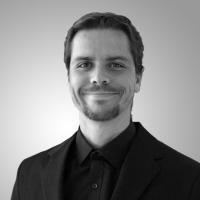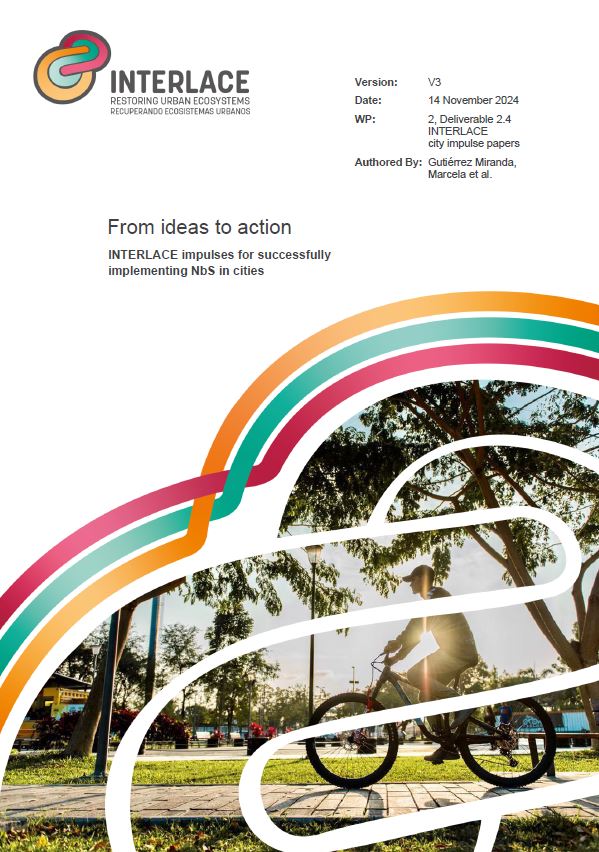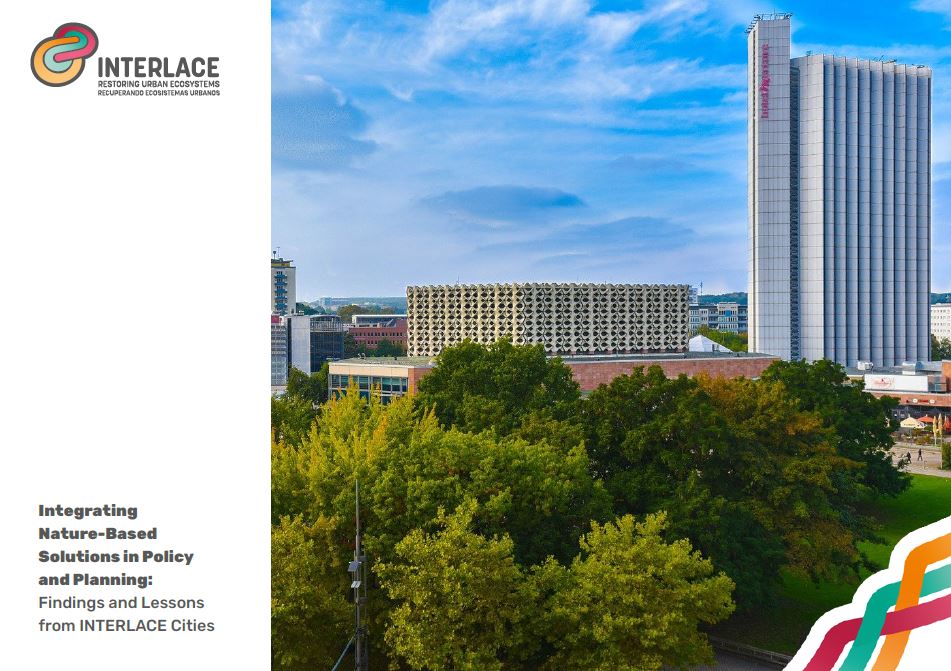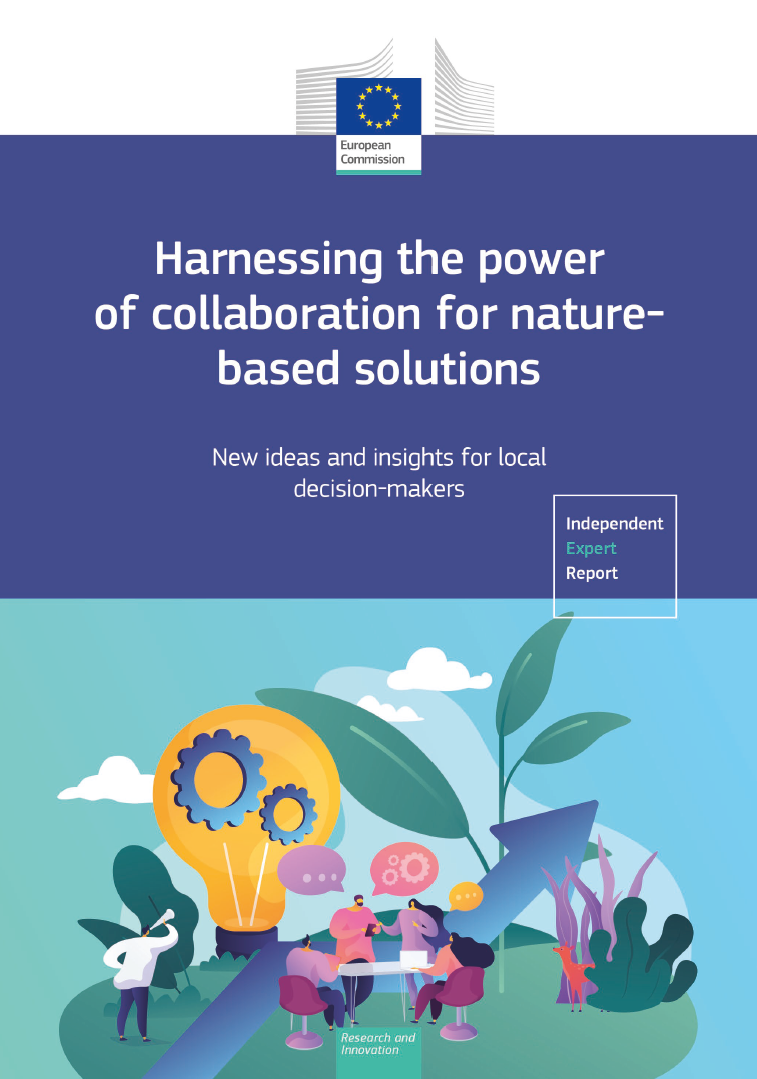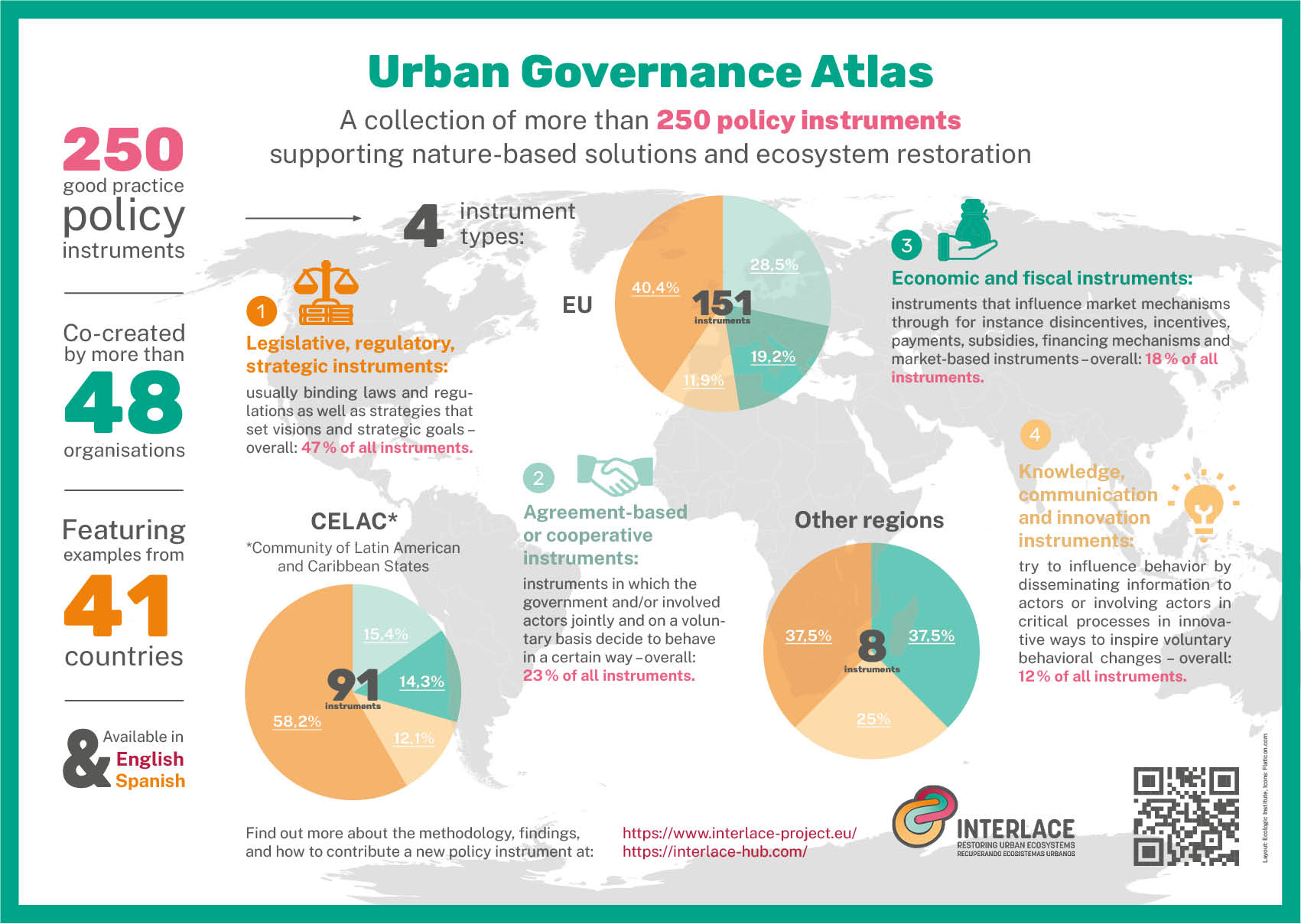© Carlos Calzadilla-Guerra, 2025
Repurposing Urban Vacant Land (UVL) into Nature-based Solutions (NbS) in Latin American Cities
- Presentation
- Date
-
- Location
- Istanbul, Turkey
- Panel discussion
How can cities become more resilient, biodiverse, and socially inclusive in times of rapid change? These questions shaped the 4th World Conference of the Society for Urban Ecology (SURE), titled Cities Under Global Social Transformations. Held under the coordination of Prof. Dr. Meryem Hayır Kanat and Prof. Dr. Çiğdem Coşkun, the event brought together experts from around the globe.
Dialogue on Urban Vacant Land and Latin American Resilience
Among the many insights, Carlos Calzadilla Guerra contributed a discussion session on potential and challenges of repurposing urban vacant land (UVL) into nature-based solutions (NbS) in Latin American cities. This topic closely tied to his ongoing research as an Alexander von Humboldt Fellow at Ecologic Institute, where he is hosted by Ewa Iwaszuk. The session held a discussion on how underutilized urban spaces can be transformed into green assets that build urban resilience.
Reimagining Urban Nature and Equity
SURE President Prof. Dr. Jürgen Breuste opened and closed the conference with reflections on the pivotal role of urban ecology and the pressing need Urban Ecology in today's changing world.
A series of keynote lectures brought fresh perspectives:
- Prof. Dr. Charles Nilon explored the intersection of urban biodiversity and social inequality in the United States, stressing how environmental justice is intertwined with ecological outcomes.
- Daniela Rizzi presented the GoNaturePositive! project and highlighted an interesting report about the potential of Nature-Positive Economies across agri-food, tourism, forestry, and the built environment to foster regenerative urban development. The report is part of GoNaturePositive! project and was written by Ecologic Institute's team!
- Prof. Dr. Weiqi Zhou presented cutting-edge findings on how urban trees – depending on their location, shape, and area – can significantly mitigate urban heat and support climate adaptation.
Critical Views on Wilderness, Infrastructure, and Resilience
- Prof. Dr. Dagmar Haase initiated a crucial dialogue on urban wilderness, pointing out its biodiversity benefits alongside risks like invasive species and disease vectors.
- Prof. Ebru Özer, FASLA provided a virtual tour through successful green infrastructure initiatives in the U.S., including nature-based solutions (NbS) for water runoff and community engagement.
- Prof. Dr. Miktad Kadıoğlu drew from Istanbul's experience to underscore the role of disaster resilience in city planning.
Research Highlights and Innovation Spotlights
Several additional contributions enriched the program:
- Julia Schiller and Prof. Stephan Pauleit summarised insights from the Research Training Group UGI, which, with the help of a motivated group of PhD students, bridges urban planning, design, and ecosystem-based approaches.
- Martijn Kuller and his students introduced SSANTO, a novel decision-support tool for spatial suitability analysis of Blue-Green Infrastructure.
- Leonie Schulz received recognition for her poster on urban biodiversity and soundscapes in Munich, linking ecological features with human well-being.
The 4th SURE World Conference made one thing clear: building cities that thrive in times of change means combining science, equity, and bold ideas. From green infrastructure to urban biodiversity, the conversations sparked here will help shape more resilient and inclusive cities worldwide – so keep an eye on these projects and people, as they’re sure to bring more inspiring ideas and contributions.



